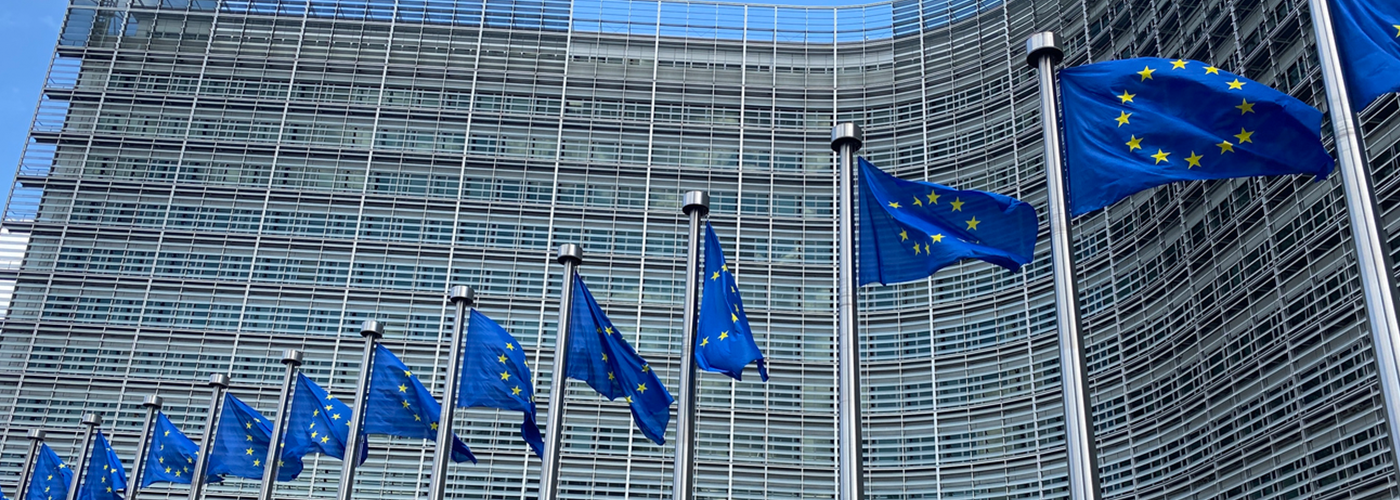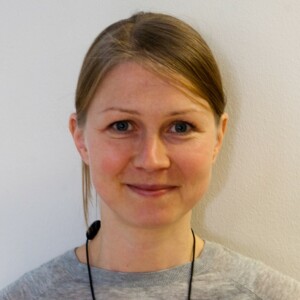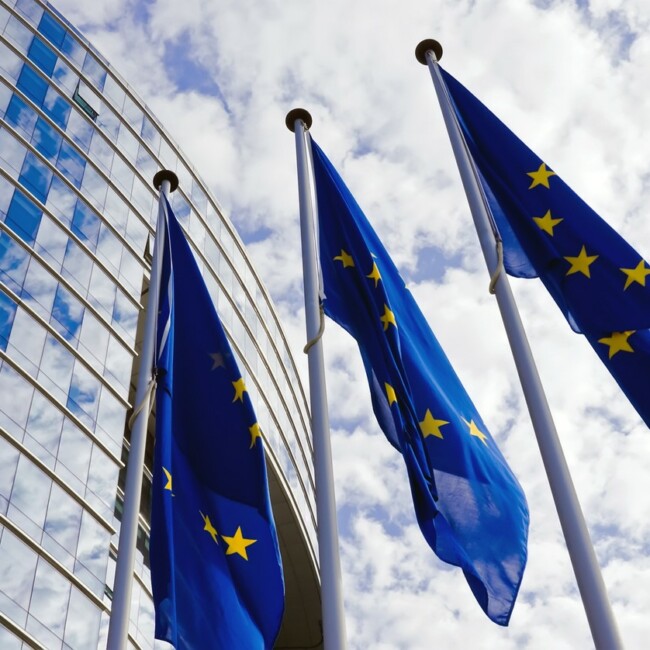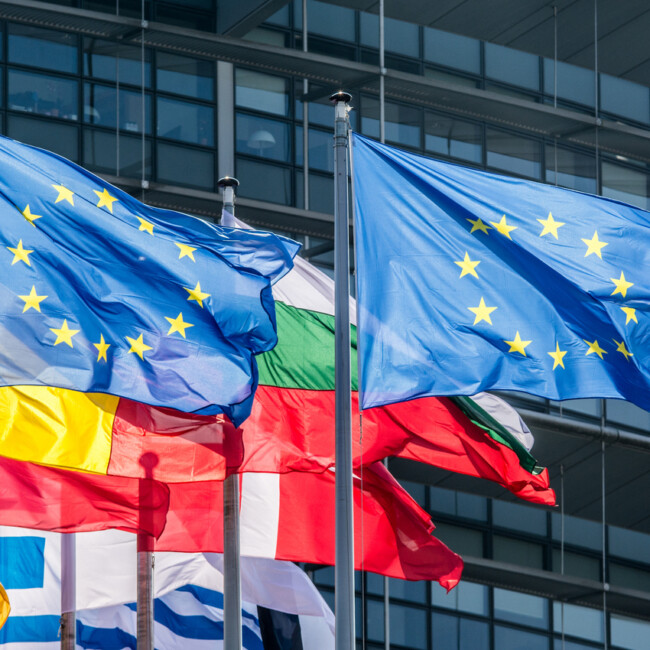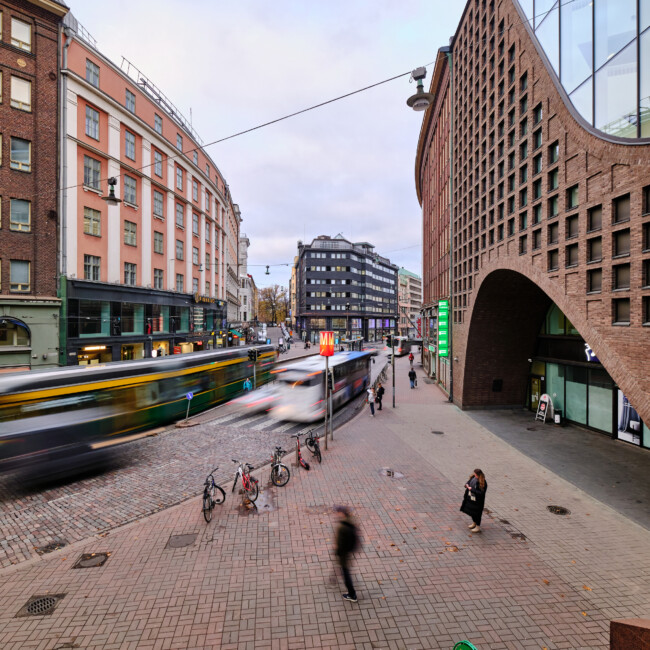
The European Union and Strategic Competition research programme focuses on the European Union and its role in the context of growing strategic competition. The Programme Director is Juha Jokela.
The main research themes are
- EU’s global role and possibilities for action in the context of strategic competition
- Development of EU’s common foreign and security policy, common security and defence policy, and European defence cooperation
- Major development trajectories of the EU and European integration, and the exercise of power in the EU
- Evolution of European policies of major EU member states
Different dimensions of the EU’s global role, its external relations, and major development trajectories of European integration are key areas of research. The EU’s global role is examined in the framework of a changing international environment increasingly marked by strategic competition among major powers.
Research of the EU’s external relations focuses on the EU’s common security and defence policy in addition to European defence cooperation. Furthermore, research on the EU’s external relations examines the EU’s international partnerships, especially in the Middle East and Africa. The programme also researches the EU’s external economic relations as foreign policy tools.
Major development trajectories of the EU and European integration are another key area of research. Research on the exercise of power in the EU, referring to the EU institutions and relations amongst them, focuses on the political developments and reforms of the Union. By conducting research on European policies of major EU member states, the programme also aims to provide insights on the dynamics between member states.
The programme takes part in major European research networks and continues to expand and reinforce cooperation with both Finnish and international research institutions.
Networks

Trans European Policy Studies Association (TEPSA)avautuu uuteen ikkunaan
TEPSA, established in 1974 as a Belgian International Association under Belgian Law and the first transeuropean research network, comprises leading research institutes in the field of European affairs throughout Europe, with an office in Brussels. TEPSA’s aim is to provide high quality research on European integration in order to stimulate discussion on policies and political options for Europe. This is achieved by interaction between the European and national institutions as well as the academic and research community.

European Policy Institutes Network (EPIN)avautuu uuteen ikkunaan
EPIN is a network of dynamic think tanks and policy institutes focusing on current EU and European political and policy debates. It is a comprehensive network with 30 members in 26 countries, including almost all the EU member states and candidate countries. EPIN aims to contribute to the debate on the Future of Europe through up to the minute, expert analysis and commentary and through providing easy access to understanding the different national debates.

Euromescoavautuu uuteen ikkunaan
Euromesco seeks to construct relationships between Europe, the Maghreb and the Mashriq on a North-South and South-South basis, which otherwise might not exist, in order to widen the forum for debate on matters of mutual concern. Such issues are related to the Euro-Mediterranean Partnership (EMP) and the European Neighbourhood Policy (ENP), and the network provides a forum for the debate of essential matters that might otherwise prove to be sensitive issues for governments within the EMP.


